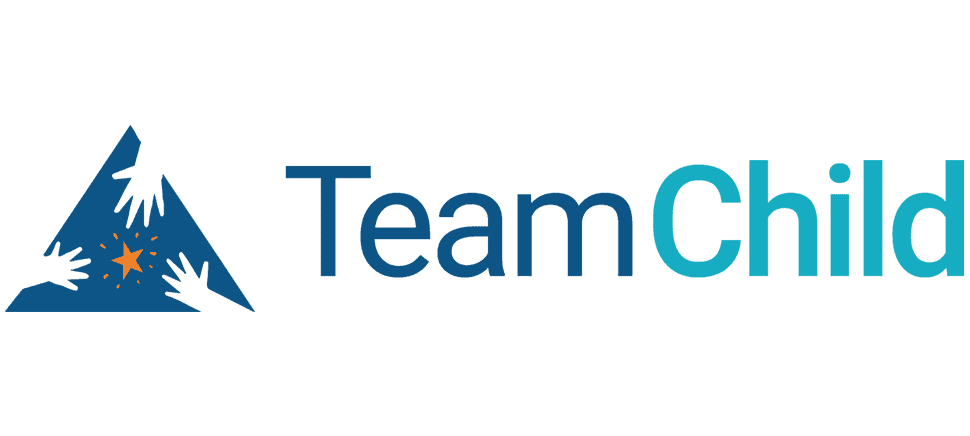REFLECTIONS ON LEGISLATIVE SESSION
The 2022 Washington State Legislative Session ended on March 10th. The Legislature passed bills and funded initiatives that will provide help and support to Washington’s young people. But the Legislature also did not act to move efforts forward in areas that TeamChild clients and communities care a lot about. The ups and downs of this session seemed to be indicators of how challenging it can be to really transform the way our systems operate. Our elected officials were cautious at times and hesitant to continue some of the significant gains made in 2021. In fact, there were many bills focused on pushing back against gains in previous years.
First, the gains. TeamChild’s effort to amend the Emergency Guardianship Act so that courts could be more responsive to addressing the emergency needs of youth who do not have a safe guardian was successful. SB 5788 passed both houses unanimously and we send great thanks to Senator Jamie Pedersen for sponsoring this effort, as well as great thanks to the advocacy community who came together to support this important amendment. We are also celebrating the repeal of “parent pay” so that DCYF and county detention facilities will no longer charge parents for the cost of incarcerating their children. We are thrilled that Minor Consent passed, allowing unaccompanied minors to seek primary health care. (View a chart from Legal Counsel for Youth and Children with more information about Minor Consent here.) These past two years during the pandemic underscore how vital it is for people to get basic health care.
Broader progress was made through some investments in youth services and support. The Children and Youth Behavioral Health Workgroup received funds to develop a strategic plan for the delivery of behavioral health services prenatal to age 25. Our state will seek Medicaid approval to cover partial hospitalization and intensive outpatient services for youth up to age 21 and include this as part of covered services. These two initiatives are critical to repair the behavioral health system that has not been able to meet the needs of youth and young adults.
More investments were made for youth who need supportive housing options, like an expansion of independent living housing. Youth in Extended Foster Care benefitted from extensions of supports that were set to expire during the pandemic. There was an extension of funds for school nurses, counselors, social workers, and psychologists. Funding was allocated to support youth exiting inpatient behavioral health facilities.
However, when it came to youth who have juvenile court involvement, meaning charged with crimes, there was not as much progress as we wanted. For example, the bill seeking to raise the age of juvenile court from 8 years old to 13 did not pass, with many suggesting that this request was “too bold.” We are disappointed in the notion that it is considered “bold” not to charge third graders with crimes. Youth-led efforts to expunge juvenile records did not pass either, even though there was a strong and organized group of young people advocating for this. The effort to eliminate the use of someone’s juvenile adjudications as a weighted factor when sentencing the person as an adult did not pass either. There were many bills proposed this year amending and reversing progress on police accountability that passed last year, including the definition of “use of force.” Read more on this topic from ACLU of Washington.
In some ways, this year’s session mirrored some of the backlash that has rippled across the country. Reform ideas regarding how we respond to the behaviors and needs of young people are coming up against fear and worry that we are not doing things the way we used to do them. New ideas and new interventions can sometimes feel scary even though the old ways of doing things are clearly not working. It seems like those holding on to more traditional punitive, policing, and prosecuting practices were able to maintain some status quo this session. These are practices that have demonstrated serious harms to youth. But they make some people feel more comfortable than trying new innovations, even when the innovations are well grounded in research and science.
Our hope for next year is that we can strengthen the pathways that allow youth and young adults to voice the policy needs and ideas that they want and need the most. A great outcome from this session is a law that permits stipends for individuals previously left out of the process who participate on state boards, commissions, councils, committees, and work groups in order to create a more equal space for the influence of communities disproportionately affected by poverty. The continued use of remote testimony during the legislative session also allows for more opportunity for youth and young adults to testify on important bills no matter where they live in the state, assuming we can help support their technology access needs. (Learn more at the 3/31 Levinar, hosted by League of Education Voters.) Many decisions are made each session about the lives of young people. We hope TeamChild’s work in the policy realm will align with our mission and values, to center youth in this process.



